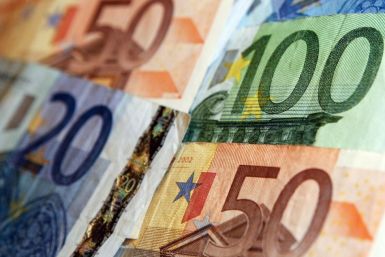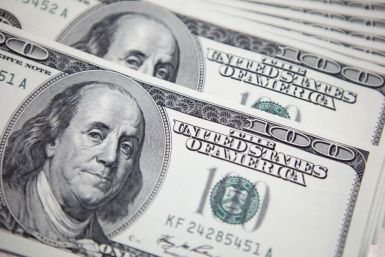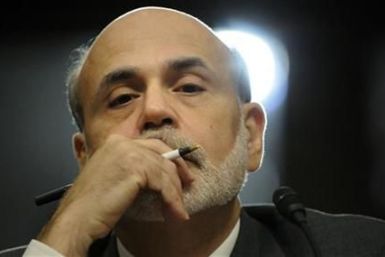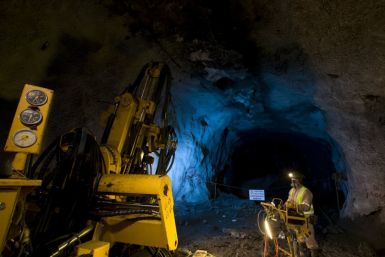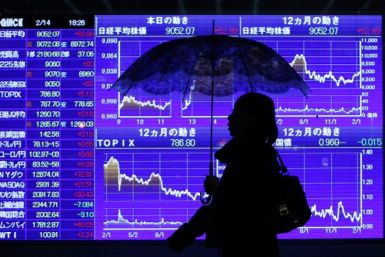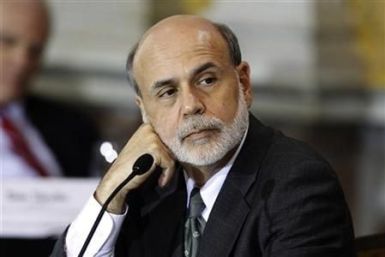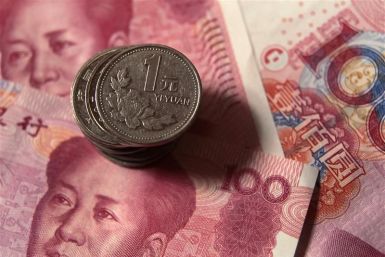Euro zone unemployment rose in January to 10.7 percent, the highest figure since 1999, as the ranks of the jobless continued to swell in Portugal, Italy and Spain, among others, Eurostat, the statistical office of the European Union, said Thursday.
Americans filed fewer new claims for jobless benefits last week but consumer spending was flat in January for the third straight month after accounting for inflation, casting a pall over the economic outlook.
Boosted by an increase in the number of breadwinners across the nation, raises to military personnel and the much-ballyhooed extension of the payroll tax cut earlier this year, average U.S. personal income rose in January by 0.3 percent, the Commerce Department said Thursday in a release. But a spike in other taxes and price inflation meant that increase was not enough to make people better off, on average, data from the same release showed.
Euro zone unemployment rose to 10.7 percent in January from a revised 10.6 percent in December, while the annual inflation rate edged up to 2.7 in February from 2.6 percent in January, the European Union's official statistics agency, Eurostat, reported Thursday.
Euro zone joblessness rose to a new euro-era high while inflation was largely steady at the start of 2012, data showed on Thursday, leaving the European Central Bank to juggle the demands of a slowing economy and only mild pressure on prices.
Most Asian stocks declined Thursday as the lack of explicit hints about further quantitative easing from Fed Chairman Ben Bernanke disappointed investors.
The Nasdaq composite index crossed 3000 for the first time in more than a decade but finished in red following the testimony from Federal Reserve chairman Ben Bernanke which checked market expectations of more monetary easing.
Spot gold rose more than 1 percent Thursday, recovering from its biggest fall in more than three years in the previous session when U.S. Federal Reserve Chairman Ben Bernanke failed to signal further monetary easing.
Fed Chairman Ben Bernanke said Wednesday job growth was better than expected and inflation under control, leaving markets thinking central bank intervention was a long way off. The upshot was a dollar rally that hammered gold, stocks and government bonds.
Retail sales in Japan rose above forecasts indicating a recovery in consumer spending which could help the country to attain economic growth this quarter.
GMO LLC Co-founder and Chief Investment Strategist Jeremy Grantham's letter for the fourth quarter of last year is out and contains insightful equity-market forecasts for this year and beyond.
The prices of gasoline and other energy commodities are on the rise -- with further increases just over the horizon -- and it appears that everyone is taking notice.
A closely watched index of U.S. consumer sentiment narrowly beat market expectations Friday morning, as the continuing optimism about where the economy is going was reflected in the data.
The Federal Reserve should only embark on a third round of large-scale bond purchases if the U.S. economy deteriorates and inflation drops, and we are not there yet, a top Fed official said on Friday.
Housing, the weakest of the three legs of the stool supporting the U.S. economy, is finally firming up, or so it seems to investors, economists, real estate agents and buildings after a string of heartening reports so far this year.
Asian shares crept higher Friday as solid U.S. data improved sentiment, but gains may be limited by concerns that rising oil prices could deal a further blow to the fragile euro zone economy and moves to take profits after recent rallies.
Supermarket operator Safeway Inc posted a drop in quarterly net income after higher fuel prices dented profits and squeezed already cautious shoppers, and its shares dropped more than 7 percent.
Gold rose to a three-month high on Thursday and headed for its biggest one-week rally in a month, spurred on by the strength in the euro following Europe's bailout deal with Greece, ahead of an options expiry later in the day.
Indian gold imports in 2012 could fall by a fifth for the first time in three years to 770 tonnes as investors chase better accruals from equity markets and other financial instruments, possibly ceding the position of top consumer to China.
When it comes to the debate on whether the United States is experiencing inflation, it is typically not a yes or no interchange. If you have read the first two parts (Part 1, Part 2) of my series on inflation, you are well aware that I am on the side that inflation is already upon us. My counterparts, typically, will not only disagree, but will also bring up the issue of deflation.
Expansionary monetary policy globally could spark a repeat of the inflation run-up seen in 2011, said Spyros Andreopoulos, an economist with Morgan Stanley in a Global Economic Forum commentary.
China's central bank is expected to make more cuts to banks' reserve requirements to fuel lending and sustain economic growth.












